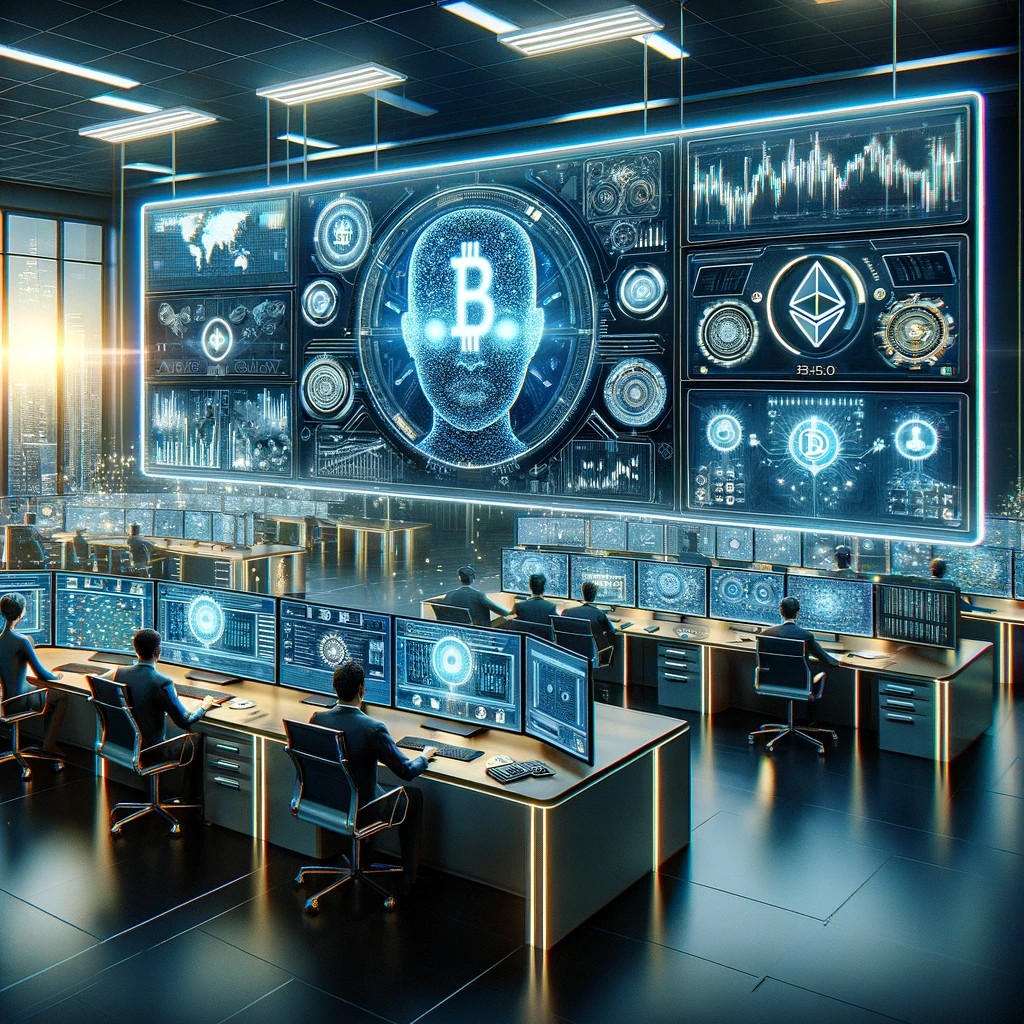In a recent blog post, Ethereum luminary Vitalik Buterin delves into the evolving relationship between artificial intelligence (AI) and cryptocurrency. Buterin’s exploration centers around the notion of AI as a pivotal player within the crypto ecosystem, likening its involvement to a strategic participant in a dynamic video game. This commentary sheds light on the intersection of two cutting-edge fields and the potential ramifications for both.
Exploring AI’s potential in crypto
Vitalik Buterin’s insights illuminate the multifaceted potential of AI within the realm of cryptocurrency, suggesting that its role transcends mere automation to become an active participant in shaping the landscape. At the forefront of Buterin’s analysis is the comparison of AI’s function within crypto to that of a player in a game. Drawing parallels to existing applications, such as trading bots engaging in arbitrage on decentralized exchanges (DEXs), Buterin highlights AI’s capacity to navigate complex systems and optimize outcomes.
Buterin envisages a broader spectrum of applications for AI within crypto, notably in prediction markets. Leveraging AI’s inherent capabilities, prediction markets stand to benefit from enhanced liquidity and more accurate forecasting, driven by the technology’s ability to assimilate vast amounts of data and identify undervalued assets. This reinvigoration could potentially address longstanding challenges within prediction markets, paving the way for greater adoption and functionality.
In addition to the realms of trading and prediction markets, Buterin emphasizes the expansive potential of artificial intelligence (AI) as a pivotal interface for users traversing the complexities inherent in the cryptocurrency landscape. Drawing attention to current applications found within widely-used wallets such as MetaMask and Rabby wallet, Buterin underscores the integral role of AI in both risk mitigation and the augmentation of user interactions. By means of proactive interventions, including alerting users to potential risks posed by malicious websites and simulating various transaction outcomes, AI-infused interfaces play a crucial role in fostering a more secure and user-friendly environment within the realm of cryptocurrency.
Navigating risks and opportunities
Buterin acknowledges the inherent risks associated with integrating AI into open-source crypto platforms, particularly in the context of security vulnerabilities. By opening the door to potential scrutiny and exploitation, the incorporation of AI introduces new vectors for malicious actors to exploit, posing a significant challenge for developers and users alike. Despite these concerns, Buterin remains optimistic about AI’s transformative potential within the crypto sphere.
Looking ahead, Buterin urges developers to explore and iterate upon constructive use cases for AI in various facets of crypto. By fostering innovation and collaboration, the crypto community can unlock the true potential of AI as a catalyst for positive change. As the intersection of AI and crypto continues to evolve, critical questions arise regarding the balance between innovation and security, prompting stakeholders to navigate this dynamic landscape with caution and foresight.
As Vitalik Buterin’s exploration of AI’s role in cryptocurrency unfolds, it prompts reflection on the transformative possibilities and inherent risks associated with this convergence. While AI holds promise as a game-changer within the crypto ecosystem, its integration demands careful consideration and proactive measures to safeguard against potential threats. How can developers strike a balance between innovation and security in harnessing AI’s potential within crypto, ensuring a future that is both dynamic and resilient?





